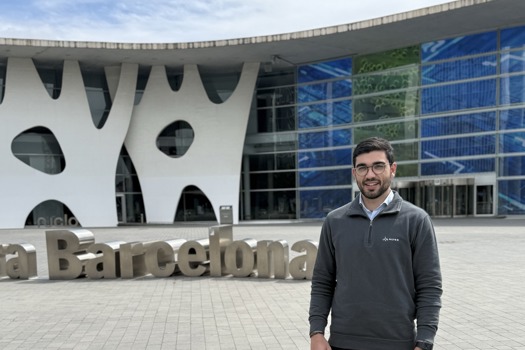Every Friday, the company said its print factory in Calne, Wiltshire will now be completely shut down to save electricity, reduce employee car journeys, and improve productivity. Only the office will remain open for customer enquiries on Friday mornings.
The business said the decision came as a natural progression of its existing sustainable practices including the use of solar panels, which were installed in 2014 and supply around 20% of the company’s annual yearly energy requirements.
Additionally, the factory and office facility is fitted with auto-dimming low-energy LED lights throughout, and has a system where heating is ducted from a CNC machine, utilising waste heat and meaning no additional heating is used.
The business also uses eco-friendly ink disposal and has an on-site chemical reclamation system, ensuring that production processes are environmentally friendly.
Managing director Mel Conway said: “The primary motivation of this new approach is our dedication to minimising our environmental impact. By ceasing operations for an entire day, we significantly reduce our energy consumption as all machinery remains inactive. It also decreases the number of car journeys made by our employees.
“The shut down and four-day week offers a perk for our team members too. Giving our factory team a three-day weekend, every week, means they can enjoy a better work-life balance and come back to work every Monday feeling refreshed.
She added lead times would not be affected by the change as “we have been trialling the new approach since January with success before formally implementing the four-day week”.
The four-day week work model is still in its infancy in print, although early adopters include packaging manufacturer Belmont Packaging; independent packaging supplier UPAC; and Bookishly, which offers a range of literary inspired products including prints, stationery and clothing subscriptions.
The upcoming June/July issue of Printweek will include a feature on creating a four-day week; the positives and the issues to consider.
Circa 40-staff Bex Design & Print, which was acquired by engineering and manufacturing specialist Amcomri Group last year, provides industrial print and design services to a wide range of businesses in industries including electric vehicle (EV) charging, public transport, healthcare, and traffic management.
The business was originally known as Serobex and was founded in 1987 with two staff. It moved to its current premises in 1995, at which point it rebranded as Bex Design & Print.
In 2005, Ian Board became managing director and under his management the company continually invested in new kit and became a key supplier to a wide range of markets and sectors.
It has experienced recent growth and also last year reached a major milestone in its work to help create EV charging stations for the UK and Europe, producing components for its 500,000th EV charging station.
The business, which runs Inktec Jetrix and Mimaki printers, among other kit, also recently appointed a new management team to support its growth, and took on a former telecommunications sector worker who started printing and selling t-shirts on Etsy during lockdown as its head of new business.










